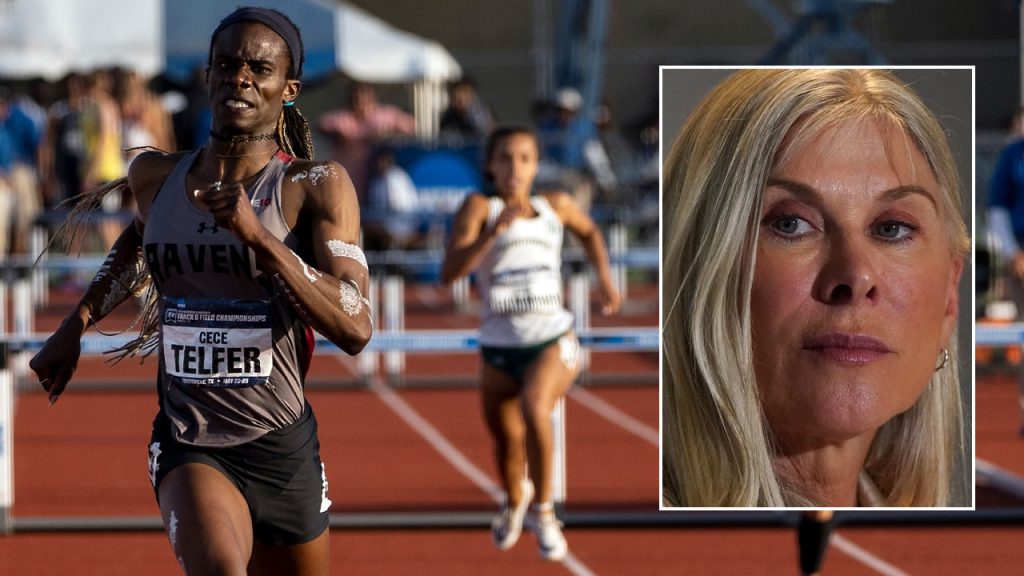Former Olympic swimmer Sharon Davies recently criticized the fairness of allowing transgender athletes to compete in women’s sports. Davies made a statement on social media, pointing out a transgender athlete named CeCe Telfer who was competing in women’s track and field events. Telfer had previously won an NCAA Division II championship in 2019 and was now sparking controversy for competing in women’s races. Many others joined Davies in criticizing the NCAA for allowing Telfer to participate in women’s sports competitions.
The NCAA currently follows a sport-by-sport approach to transgender participation rules and takes guidance from the sport’s national governing body. USA Track and Field, for example, bases its policies on the guidelines set by the International Olympic Committee. The IOC emphasizes the importance of using “robust and peer-reviewed research” to determine the eligibility of transgender athletes in sports competitions. This framework aims to ensure that everyone, regardless of gender identity, can participate in sports in a safe, respectful environment.
World Athletics, a global governing body for track and field, announced last year that transgender women would be prohibited from competing against biological females. The organization stated that fairness and the integrity of female competition were a priority over inclusion in such events. Despite these regulations, Telfer expressed optimism about competing for a spot on Team USA in the future. The controversy surrounding transgender athletes in sports competitions has sparked debates over the balance between inclusion and fairness in the sports world.
Critics of transgender athletes in women’s sports argue that allowing individuals who were assigned male at birth to compete against females creates an unfair advantage. Some believe that biological factors such as muscle mass and hormone levels could contribute to a performance disparity between transgender athletes and their cisgender counterparts. Others, however, advocate for inclusivity and equal opportunities for transgender individuals to participate in sports, emphasizing the importance of respecting their gender identities and identities.
The issue of transgender athletes in sports has become a contentious topic, with various organizations and governing bodies adopting different policies to address the concerns. While some prioritize fairness and the integrity of competition, others argue for a more inclusive approach that considers the rights and identities of transgender individuals. As discussions continue, it remains to be seen how sports organizations will navigate the complexities of gender identity and inclusion within the realm of competitive sports.


